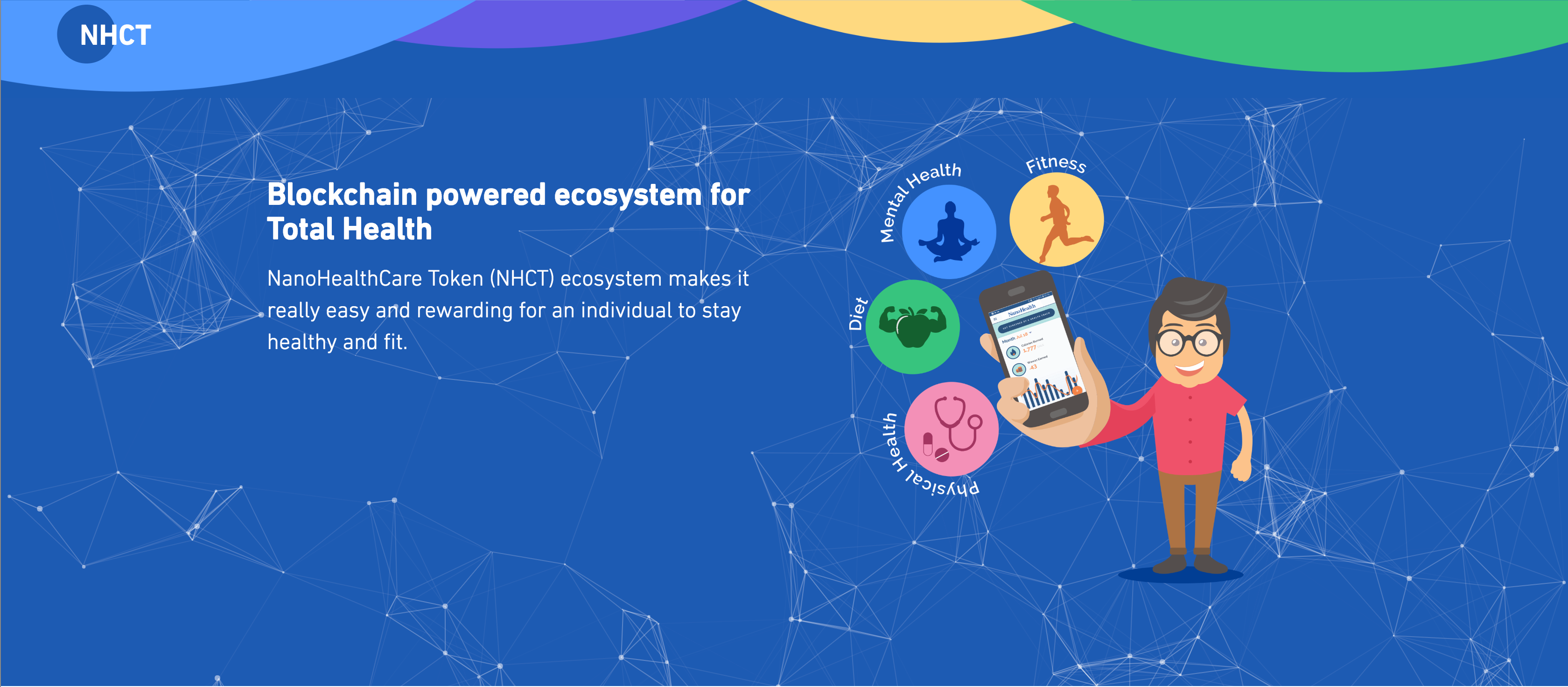
Noncommunicable diseases (NCDs), also known as chronic diseases, are common in all age groups, in all regions and in all countries.
Tens of millions of people in the world die from NCDs every year.
Fast and unorganized urbanization, globalization of unhealthy lifestyles, population aging - these are the factors that contribute to the development of these diseases.
And although medicines for NCDs have existed for several decades, the number of people who suffer and die from these diseases is growing from year to year! It follows that the cause is not the absence or presence of advancements in medicine, but the availability of the health care system for people.
Problems of the health system are systemic and technological in nature.
Systemic problems are related to the reactivity of current health care systems. What does this mean? The symptoms are mainly treated, not the cause of the disease, there is no prophylactic treatment. Poor equipment, which makes it impossible to offer people long-term care. Mostly all health care solutions are focused on emergency care. Providers are not encouraged to provide continuous, consistent, and coordinated patient care.
Technological problems of the health system are associated with fragmentation, lack of data sharing, data protection and confidentiality, integration of medical and health data, transaction costs, a set of invoices and claims.
For example, fragmentation means that health care providers are working in isolation from each other, with virtually no interaction. Each focuses on the study of one disease, while there is no medical assessment of the individual as a whole. Medical data is scattered and inaccessible, and obtaining important information about a person’s complete medical record is a problem.

NanoHealthCare Token (NHCT) is a blockchain-based ecosystem that aims to personalize health care for an individual and increase the efficiency and effectiveness of the existing healthcare system.
The ecosystem works by connecting payers, users, and suppliers on a single panel, and a three-level token protocol is used to manage the financial system between the participants.
NHCT is supported by NanoHealth, which was created in 2014 after its founders won the prestigious Hult Award and received recognition from the Clinton Global Initiative for the best solution to combat noncommunicable diseases.
Within four years, NanoHealth has been able to improve and control NCDs, such as diabetes, hypertension and obesity, for more than 75,000 people.
Now they are seeking to scale up their platform on the blockchain in order to offer it globally in a decentralized manner throughout the healthcare industry.
The NHCT ecosystem uses the Ethereum and Hyperledger blockchain, as well as intelligent contract functions that provide a high level of security and privacy.
At the same time, the NHCT ecosystem uses the following properties inherent in the blockchain technology:
1. Improved data protection and security due to decentralized data storage.
2. Standardized seamless data exchange through distributed registries.
3. Integration of applications and tools using intelligent contracts.
4. Stimulate interaction based on the use of tokens, to create high-quality medical and wellness data sources.
The so-called Health Trainers (or medical trainers) working “on the ground” play a key role in the NHCT ecosystem. They record reliable medical data using the appropriate equipment at the user's home and assess (screen) the health of a person using spot diagnostics. Health Coaches also help users connect to a multidisciplinary team of health care providers, making it easier to search.

A health coach can be anyone with a medical / nursing education. For this you need to register in the NHCT ecosystem.
When users improve their health, as verified by registered medical professionals, they can earn tokens.
The NHCT ecosystem is built on a unique three-level structure of tokens. These are the NHCT, Warma and Wawa tokens, each of which represents a certain level of proven activity.
How to earn tokens?

Wawa is a basic token in the NHCT ecosystem and is earned by burning human calories (proof of care). The amount of Wawa payments will be customized for each person depending on their state of health. Wawa can be earned by writing calories burned in the NHCT fitness app.
Warma is a second-level token in the structure of NanoHealth tokens and requires social proof of activity. You can earn it by burning calories with other users in the ecosystem or with the help of a medical trainer. Unlike Wawa, in order to earn Warma, actions must be verified by a third party in the NanoHealth ecosystem.
NHCT is a premium token and main currency in the ecosystem. It can be used to pay for goods and services for health.
Users can convert Wawa and Warma to NHCT if they improve their health or maintain good health. This needs to be proved by downloading medical data from any of the proven providers of medical services / diagnostics. The user can additionally earn the NHCT by participating in the exchange of health information, for example, clinical trials, research programs.

You can convert Wawa & Warma to NHCT by providing updated medical data, improving your health and maintaining good health.
The ecosystem application has a mobile and web interface. Users include patients, medical and health care providers, pharmaceutical and insurance companies, corporate employees and managers who occasionally need reliable medical data.
Users can exchange messages, communicate directly with providers, have access to support groups and clinicians, as well as their own health data that is not available to third parties. In addition, users earn tokens by taking part in any number of activities that promote and support their health.

Website: https://www.nhct.io
Token Unit - NanoHealthCare Token
Token Type - ERC20
Symbol - NHCT
Soft cap - $ 1,000,000
Hard cap - $ 9,000,000
Total tokens - 1,000,000,000 (1 billion)
Base Price - $ 0.032
Available for sale tokens - 35% of the total number of tokens





For More Information Detail :
WEBSITE || WHITEPAPER || MEDIUM || TWITTER || TELEGRAM||
Author Bitcointalk Profile :
Comments
Post a Comment